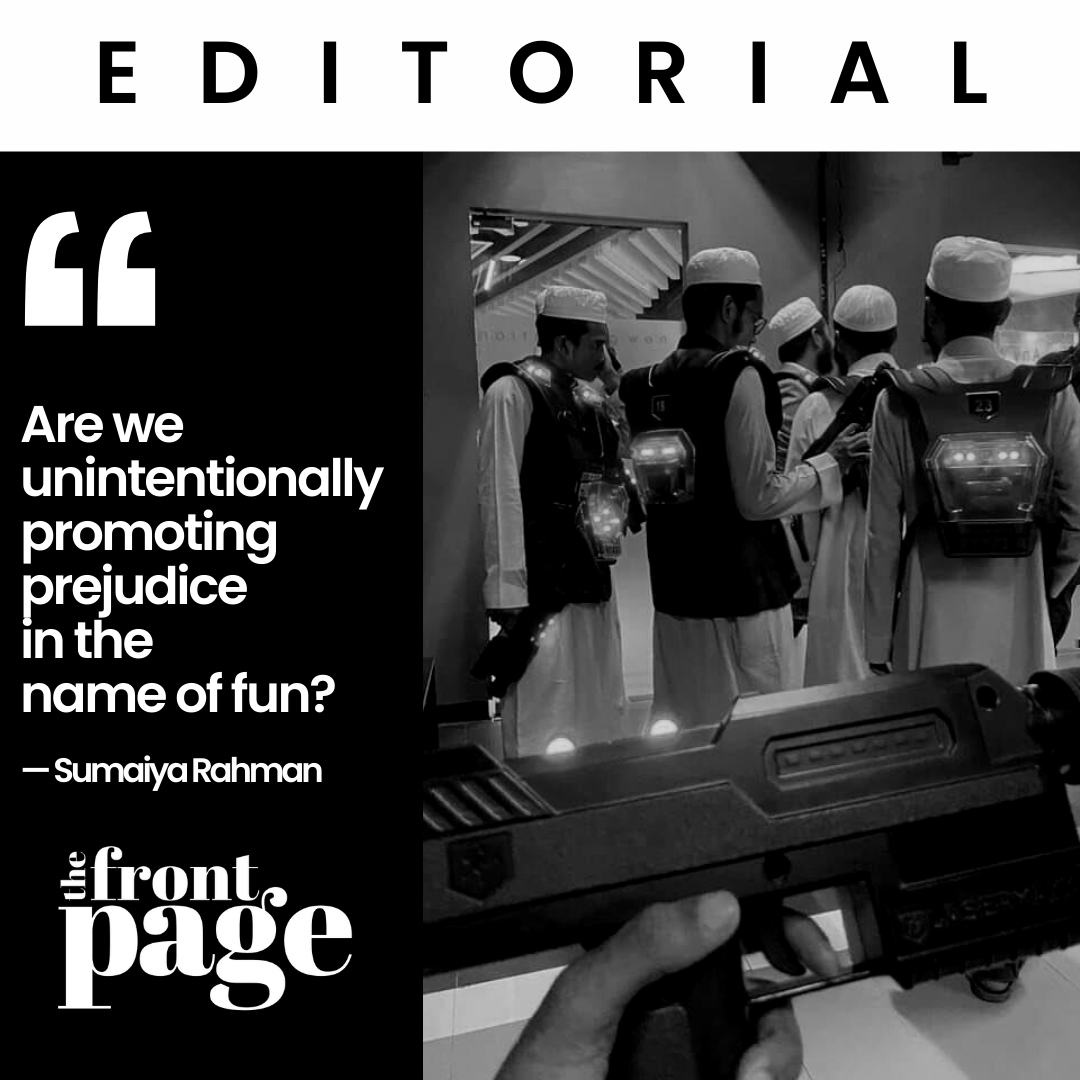By Sumaiya Rahman
The media has a powerful influence on the way people think, act, and interact. With its ability
to spread information quickly and easily, media can be used to reinforce stereotypes, and
make their impact even more far-reaching.
The traditional attire of Muslim men and women has become a frequent target of typecast.
The scorn of Muslim attire is particularly damaging, as it can have a deep impact on a
person’s self-esteem and sense of belonging in society. Ridiculing religious beliefs and
practices should always be discouraged.
The traditional clothing of Muslims is seen as a sign of respect and a symbol of their faith.
Unfortunately, because of the negative connotations associated with it, Muslims often face
ridicule and discrimination for their appearance. This can lead to feelings of isolation,
rejection, and low self-worth.
In addition to this, this kind of contempt can also lead to the further marginalization of the
Muslim community. This is because it reinforces stereotypes and encourages discrimination
leading to a lack of acceptance and understanding, as well as suspicion and mistrust.
Stereotypically portraying travesty can lead to a general lack of respect for religious beliefs
and practices. When people are not shown respect for their faith and beliefs, they may
hesitate to be open and honest about them, causing a damaging impact on social discourse
and cultural understanding.
Hence, it is important to be aware of the detrimental effects of our actions on certain
stereotypes, show respect for different religious beliefs and practices, and resist the
the temptation to make fun of those who choose to express their faith through their attire. The
the only way to ensure that people feel safe and accepted in wider society is to respect their
beliefs and practices, and to ensure that they are never made to feel less because of their
appearance.
It is critical to be aware of the media’s power and recognize its impact on shaping our
worldviews. We must strive to create and share content that exposes and challenges
stereotypes, instead of perpetuating them. This can help create a more inclusive,
understanding, and empathetic society.




